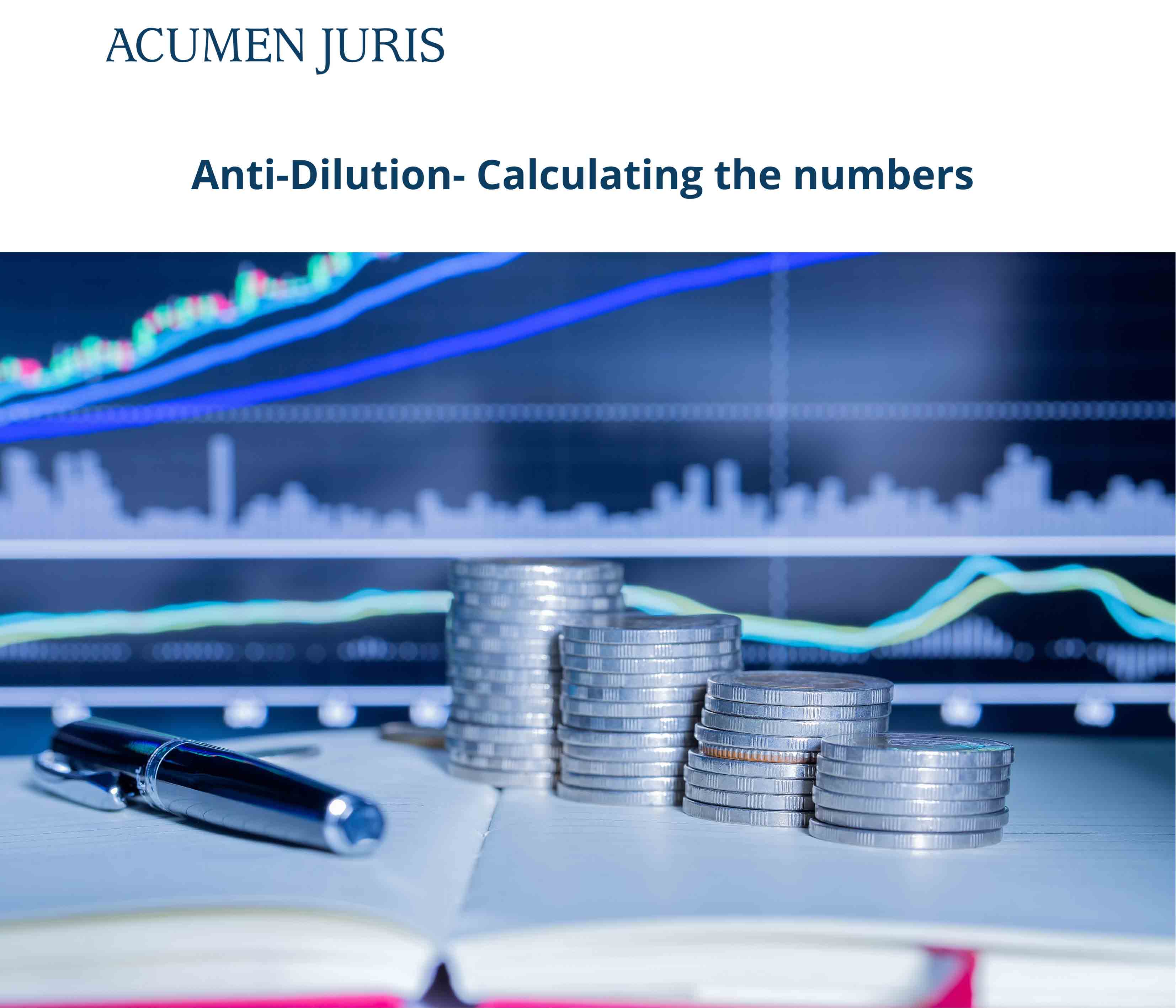The stricter norms for FDI have been issued by Department for Promotion of Industry and Internal Trade, Ministry of Commerce and Industry, to curb the opportunistic takeovers amid the coronavirus pandemic, which has made the Indian market an easy target for acquisition.
Press note 3 (2020 series)12 seeks to bring in stricter measures for foreign investment in India. Under the revised framework, any investment in India from the following shall entail Government's approval:
- Entity based in-country, which shares land borders with India
- The beneficial owner of investment is situated or is a citizen of such a country.
Likewise shall be applicable for transfer of ownership of an India entity, directly or indirectly, in favour of the restricted persons mentioned above.
Previously, only Pakistan and Bangladesh were in such stringent purview. But now, 7 countries13 are in the mandatory approval zone.
The Ministry of Finance vide notification dated April 22, 2020, has issued Foreign Exchange Management (Non-Debt Instrument) Amendment Rules, 2020 to take effect of the press note 3 of 2020.
1 The World Health Organization (WHO) has officially named the novel coronavirus disease as pandemic on February 11, 2020;
2 Includes agricultural term loans, retail and crop loans;
3 Includes regional rural banks, small finance banks, and local area banks;
4 Includes housing finance companies;
5 Includes the following payment falling due from March 1, 2020, to May 31, 2020:
a. Principal and/or interest components;
b. Bullet repayments;
c. Equated monthly installments;
d. Credit card dues;
6 In the form of cash credit/overdraft
7 Rule 2(fc) of the PML (Maintenance of Records) Rules 2005
8 Para 23 of Master Direction on Know Your Customer (KYC) Directions, 2016
9 Non-derivative markets include Government securities markets, money markets (markets for any instrument with a maturity of one year or less), and non-derivative forex markets (transactions that settle on or before the spot date).
10 Dated June 7, 2019, 11 Dated April 17, 2020
12 Dated April 17, 2020
13 Pakistan, Bhutan, Myanmar, Nepal, Bangladesh, Afghanistan and China
Authors: I Abhishek Bansal, Partner (abhishek.bansal@corpacumen.com) I Laxmi Sinha, Senior Associate (laxmi.sinha@corpacumen.com) I ACUMEN JURIS I
Practice Areas: I Corporate & Commercial I Acquisitions & Investments I Arbitration & Dispute Resolution I
Disclaimer- This Article is for information purposes only, and the views stated herein are personal to the author, and shall not be rendered as any legal advice or opinion to any person, and accordingly, no legal opinion shall be rendered by implication. The Article does not intend to induce any person to omit, commit or act in any particular manner, and that you should seek legal advise before you act on any information or view expressed herein. We expressly disclaim any financial or other responsibility arising due to any action taken by any person on the basis of thisNote
References: RBI Notifications
• COVID19 Regulatory Package - Asset Classification and Provisioning dated April 17, 2020
• COVID19 Regulatory Package – Review of Resolution Timelines under the Prudential Framework on Resolution of Stressed Assets dated April 17, 2020
• Declaration of dividends by banks April 17, 2020
• Rupee Drawing Arrangement – Remittance to the Prime Minister’s Citizen Assistance and Relief in Emergency Situations (PMCARES) Fund dated April 03, 2020
• Amendment to Master Direction (MD) on KYC dated April 01, 2020
• Export of Goods and Services- Realisation and Repatriation of Export ProceedsRelaxation dated April 01, 2020
• Foreign Exchange Management (Export of Goods and Services) (Amendment) Regulations, 2020 dated March 31, 2020
• COVID-19 – Regulatory Package dated March 27, 2020
• Legal Entity Identifier: Extension of deadline dated March 27, 2020
• Statement on Developmental and Regulatory Policies dated March 27, 2020 (Press Release) Other Authorities/ Ministry’s:
• Press note 3 (2020 series) dated April 17, 2020, issued by DPIIT, Ministry of Commerce and Industries
• Prevention of Money Laundering (Maintenance of Records) Amendment Rules, 2020 issued by Department of Revenue, Ministry of Finance;
• Foreign Exchange Management (Non-Debt Instrument) Amendment Rules, 2020 issued by the Ministry of Finance. Vide notification dated April 22, 2020.





